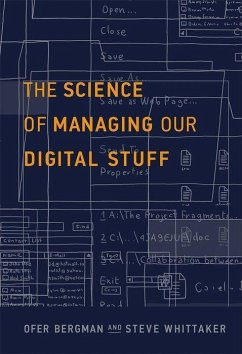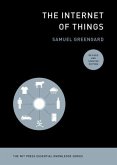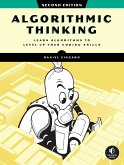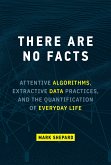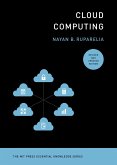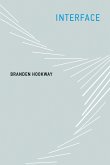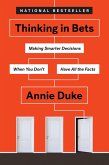Each of us has an ever-growing collection of personal digital data: documents, photographs, PowerPoint presentations, videos, music, emails and texts sent and received. To access any of this, we have to find it. The ease (or difficulty) of finding something depends on how we organize our digital stuff. In this book, personal information management (PIM) experts Ofer Bergman and Steve Whittaker explain why we organize our personal digital data the way we do and how the design of new PIM systems can help us manage our collections more efficiently. Bergman and Whittaker describe personal information collection as curation: we preserve and organize this data to ensure our future access to it. Unlike other information management fields, in PIM the same user organizes and retrieves the information. After explaining the cognitive and psychological reasons that so many prefer folders, Bergman and Whittaker propose the user-subjective approach to PIM, which does not replace folder hierarchies but exploits these unique characteristics of PIM.

